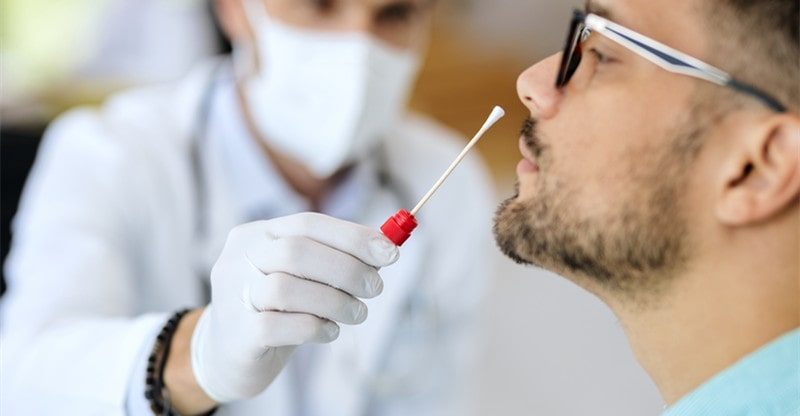Exploring The Benefits Of The PCR Test
As the world continues to grapple with the COVID-19 pandemic, diagnostic testing has become a crucial component in the fight against the virus. While there are various types of testing methods, few are as reliable and accurate as the Polymerase Chain Reaction (PCR) test.
Developed in the 1980s by biochemist Kary B. Mullis, the PCR test has revolutionized the field of genomics, offering rapid and precise insight into the presence of viral or bacterial pathogens. In this blog, we will delve into the benefits of the PCR test, examining its numerous applications in diagnosing and monitoring infectious diseases, as well as its potential role in a post-pandemic world.
Unparalleled Accuracy and Sensitivity
One of the key benefits of PCR testing is its high degree of accuracy and sensitivity. The PCR test identifies genetic material from a specific pathogen, often providing results that are more dependable than other diagnostic methods, such as antibody or antigen tests. This level of precision means that PCR tests can reliably detect trace amounts of viral or bacterial material, even when other tests might yield false negatives due to low prevalence or infection levels.
Rapid Results and Scalability
In a world where lightning-speed responses and rapid detection are critical, PCR tests offer quick turnaround times. With a well-equipped laboratory and trained technicians, results can often be produced within a few hours of sample reception.
The continuous development of PCR technology has streamlined the testing process even further, with some tests now capable of yielding results in under an hour. Additionally, PCR tests are highly scalable and can adapt to the needs of the situation, whether it’s for testing a small community or rapidly processing thousands of samples.
Detection and Monitoring of Emerging Pathogens
As global health threats continue to evolve, the ability to quickly detect novel pathogens is essential. Due to its sensitivity, the PCR test can be especially useful in identifying new infectious agents that might not otherwise be detectable. By rapidly and accurately analyzing a vast array of samples from symptomatic and asymptomatic patients, PCR tests are instrumental in monitoring the prevalence of new pathogens and identifying variations, mutations or adaptations.
Practical Application Across Various Fields
The power of PCR testing extends far beyond the scope of human health. PCR technology has become crucial in forensic science, enabling the accurate identification and analysis of genetic material from crime scenes or biological samples. Wildlife and environmental conservation efforts benefit from PCR analysis as well by tracking endangered species through DNA sampling, identifying invasive organisms, or monitoring the presence of pathogens in ecosystems.
A Critical Tool in the Fight Against Drug Resistance
Antimicrobial resistance is a growing concern worldwide as more and more pathogens develop resistance to currently available drugs. PCR testing is paramount in combating this trend, enabling researchers and medical professionals to quickly identify antibiotic-resistant pathogens, track the spread of resistance, and devise appropriate treatment strategies for patients.
PCR tests also contribute to the development of new antibiotics and antiviral medications by identifying and targeting potential weaknesses in the genetic material of harmful pathogens.
As we navigate the complex landscape of global health crises, the Polymerase Chain Reaction test remains an invaluable diagnostic tool. Its unparalleled accuracy and sensitivity, rapid turnaround times, and flexibility in detecting emerging pathogens are just a few reasons why PCR tests are vital not only in the current pandemic environment but also in a myriad of applications across various fields.
As scientists and healthcare professionals continue to innovate and develop new PCR-based technologies, our ability to tackle future challenges through rapid, accurate diagnosis will only grow stronger. Ultimately, the power of PCR testing will continue to play a crucial role in protecting human health and safeguarding the future of our planet.



